Premium Only Content
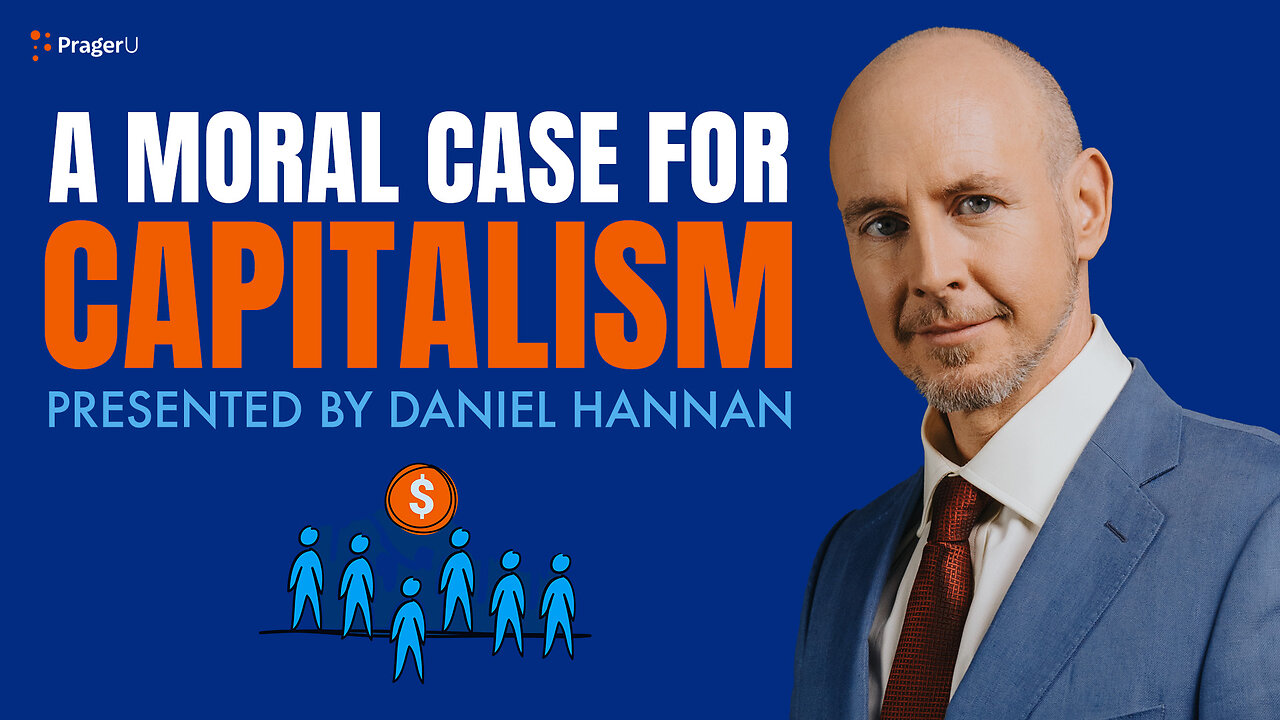
A Moral Case for Capitalism
What is the only economic system that values freedom, lifts people out of poverty, disdains distinctions of race and creed, and draws us into productive networks of mutual dependency? Hint: it’s not a system of ever-increasing government control.
Help keep PragerU free! Donate today: https://l.prageru.com/49zlRGd
📲 Download the FREE PragerU app: https://prageru.onelink.me/3bas/vgyxvm79
Subscribe to PragerU Kids ➡️ (https://www.youtube.com/@PragerUKids)
Subscribe to Real Talk with Marissa Streit ➡️ (https://www.youtube.com/@realtalkwithmarissa)
Subscribe to PragerU Shorts ➡️ (https://www.youtube.com/@PragerUShorts)
Follow PragerU on social media!
Instagram ➡️ (https://www.instagram.com/prageru/)
Twitter ➡️ (https://twitter.com/prageru)
Facebook ➡️ (https://www.facebook.com/prageru/)
OK, we’re told, so maybe capitalism is efficient. Maybe it generates more wealth than other systems.
But what about values? What about things that can’t be measured in cash? Things like kindness and loyalty and integrity.
Well, let me say something that you won’t hear very often. Let me make the moral case for capitalism.
Let’s go back nearly 12,000 years, to the moment when one of our ancestors made a world-changing discovery.
It turned out that if you left seeds in fertile soil, plants would grow from them. Instead of having to forage, you could produce your own grains or fruits where you wanted.
But it didn’t take long for someone to make the next discovery. Rather than spending all year tending to your own crops, you could wait for your neighbor to bring in his harvest and then steal it.
And then came the truly diabolical discovery.
If you wanted to maximize the ratio of effort to outcome, you could organize a gang of thugs, and seize not only your neighbor’s harvest but everyone’s harvest, regularizing your plunder through tithes, tolls, and taxes.
And thus it continued until, well… until roughly the end of the 17th century and the birth of modern liberal capitalism. Sure, there were premonitions before then, little tremors of freedom. But almost everyone on the planet still lived in servitude and penury.
Every previous society was based on systematized oppression. Ruling elites would use the institutions of the state to loot its resources, and then rig the rules so that their children would inherit the same privileged position.
A Bronze Age slave empire was not so different in this sense from a medieval European monarchy or a twentieth-century African kleptocracy—or, come to that, from those modern states that have avoided the liberal-capitalist revolution.
Oppression, serfdom, and bondage were the lot of almost every human being from the moment civilization began until an eyeblink ago.
We don’t know how lucky we are to live at a time and in a place where the rules are above the rulers.
The great Victorian jurist Sir Henry Maine summarized the move to modern liberty in three words: “status to contract.”
In nearly every previous society, our relations with one another were dictated by status, that is, birth and caste. In a liberal-capitalist society, we are free to make one-off, free-standing arrangements with each other without needing to ask anyone else’s permission. Our agreements—our contracts—are enforced by an independent court system. And adult citizens are equal in the eyes of the law.
That’s it. That’s the magic formula: Status to contract.
Grant it, and the rest follows. It’s the difference between North Korea and South Korea, between China and Taiwan, between Russia and Finland, between Haiti and Bermuda.
In a society defined by status, you get rich by sucking up to the people in charge—emperors, or people’s commissars, or presidents for life. But in a society defined by contract, you get rich by offering a product or a service to the people around you.
As the 20th-century economist Joseph Schumpeter put it:
“The capitalist achievement does not typically consist in providing more silk stockings for queens but in bringing them within the reach of factory girls.”
When I buy something on Amazon, yes, I am enriching Jeff Bezos. I am adding fractionally to his net wealth. But he is also enriching me, letting me buy pretty much whatever I want without having to get out of my chair.
It is how we get ahead.
Full transcript: https://l.prageru.com/4a4IeTy
-
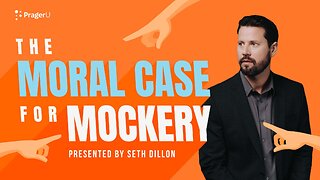 4:46
4:46
PragerU
2 days agoThe Moral Case for Mockery | 5-Minute Videos | PragerU
9.33K4 -
 2:37:35
2:37:35
TimcastIRL
4 hours agoJFK FILES RELEASED, Shocking Documents Released By Trump DROPPED w/Amber Duke | Timcast IRL
195K146 -
 LIVE
LIVE
SpartakusLIVE
8 hours agoReturn to VERDANSK w/ StoneMountain64, IcemanIsaac, and Huskerrs
527 watching -
 LIVE
LIVE
Hevel Gaming
4 hours ago $1.18 earnedHevel Tries To Conquer Rumble
449 watching -
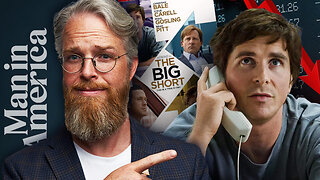 51:13
51:13
Man in America
8 hours ago🚨 Big Short 2.0: The SECRET $3.8T Debt Bomb That Could WIPE OUT Pensions & US Economy
33.8K3 -
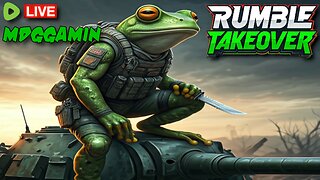
MDGgamin
14 hours ago🔴LIVE - JFK Files TODAY!! 2nd Shooter ? - TARKOV & WoW - #RumbleTakeover
29.8K2 -
 4:31:16
4:31:16
Geeks + Gamers
7 hours agoTuesday Night's Main Event
36.6K4 -
 3:35:51
3:35:51
STARM1X16
4 hours agoTuesday Night Fortnite
31.9K1 -
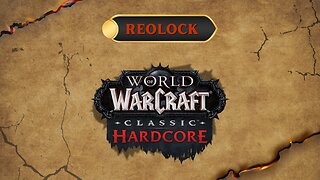 4:21:30
4:21:30
Reolock
5 hours agoWoW Classic Hardcore (LVL 60) | MC Trash Farm | BWL Prep
26.1K -
 3:10:26
3:10:26
MoFio23!
5 hours agoPerfect Dark (N64) with The Fellas: LIVE - Episode #1
21.5K4